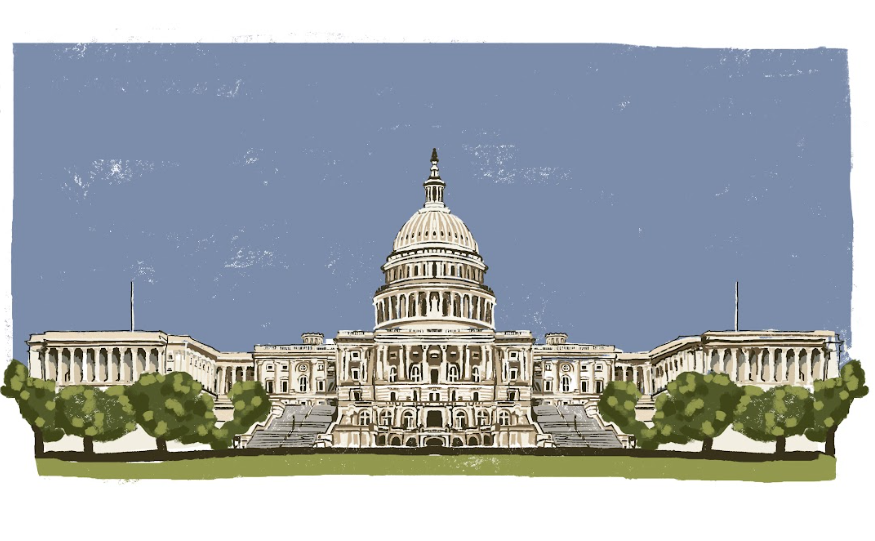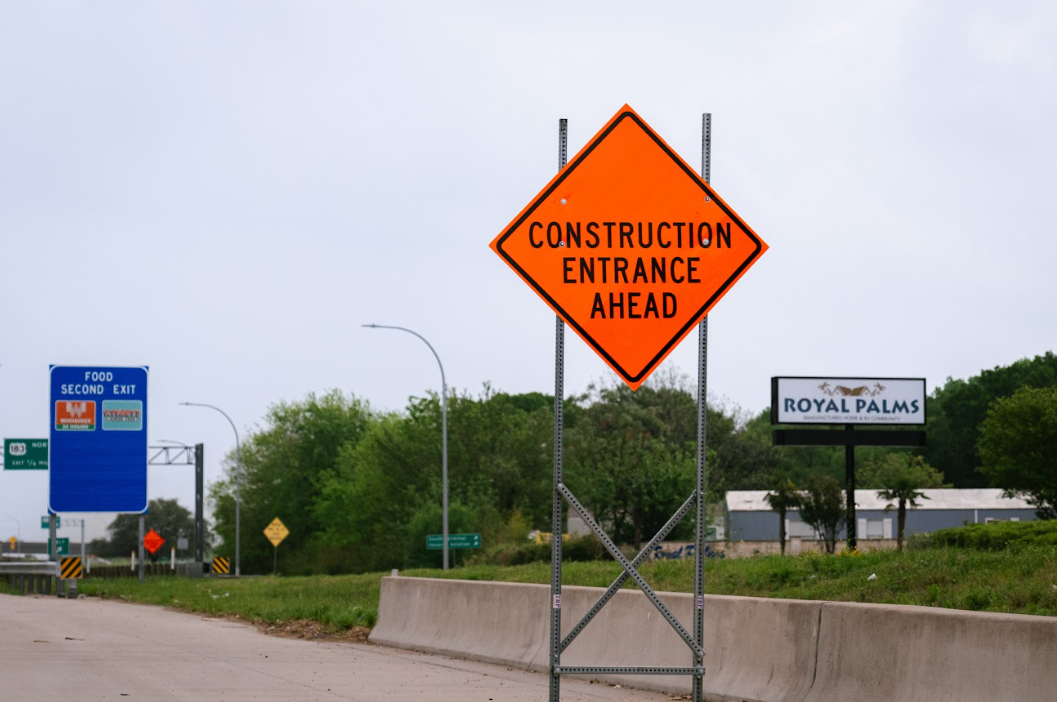Building a community is critical for shaping worldviews, influencing interactions and developing diverse perceptions. Community represents the people who offer reliability, shared experiences and support. Everyone in a community contributes to a collective network of diverse skill sets. It is a civic duty to foster a supportive environment where community members can rely on one another.
Community development faces barriers due to a disconnect between what is taught and what is felt. Think about social norms when encountering a person in need — such as a homeless person. Is there a way to help this person sleeping on the street? Or is there the idea that by looking away the problem does not exist? This disparity between feeling compelled to act and actual behavior illustrates the need for community-driven empathy and initiative.
A crucial step in cultivating community is engaging with neighbors, acknowledging shared existence and recognizing overlapping social needs like housing, healthcare and food. Every person possesses unique strengths, offering a foundation for mutual support. Communities contributing abilities — whether gardening, cooking or fixing cars — enables individuals to meet each other’s needs while doing things they enjoy. Similarly, discussing personal struggles within the community creates a collaborative and familial network, which helps to ensure that individual and collective needs are met.
The best way to build up a community is to just go out there and see who needs help. It could be a friend who is moving and needs some spare boxes. It could be a neighbor that needs a pet sitter for a few days rather than put their beloved pet in a high-stress kennel. Or it could even be a pal that needs someone to vent to about their frustrations.
Working together strengthens the community. In the immortal words of Caesar from “Rise of the Planet of the Apes”: “Apes together strong”. All communities must be teams of dedicated individuals working for the good of everyone. Together, everyone achieves more.










